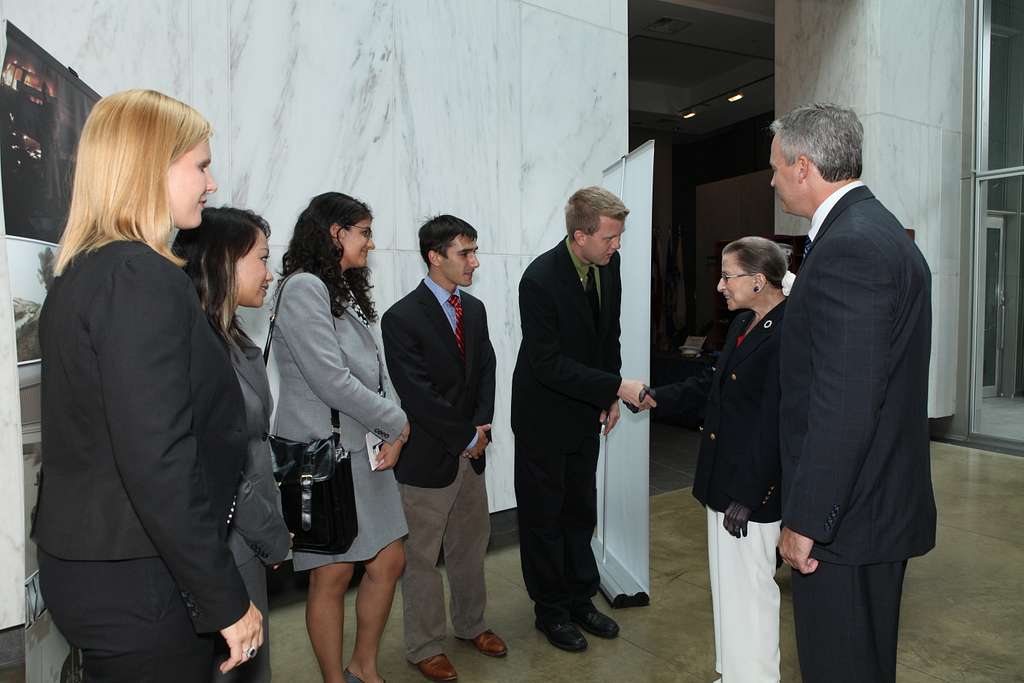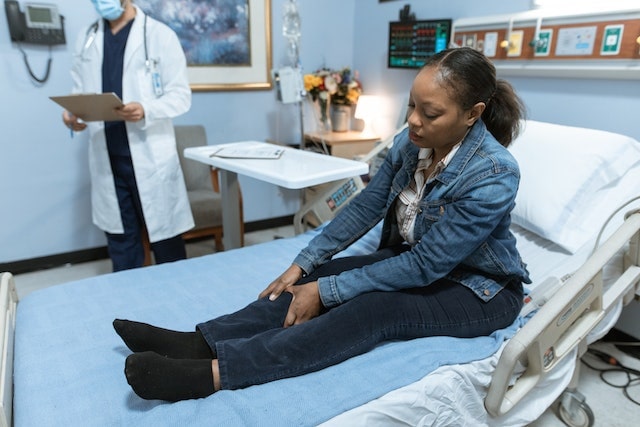Wave Med. Servs., P.C. v Hertz Vehs., LLC, 2022 NY Slip Op 50908(U)(App. Term 2d Dept. 2022_
The Civil Court’s language could also lend itself to the interpretation that the record established, as incontrovertible for all purposes in the action, that plaintiff had mailed the claim forms to defendant. This reading is also problematic. “[P]roof of proper mailing gives rise to a presumption that the item was received by the addressee” (Residential Holding Corp. v Scottsdale Ins. Co., 286 AD2d 679, 680 [2001]). However, that presumption is rebuttable. A rebuttal of the presumption of receipt can also constitute a rebuttal of the proof of mailing—while it can be true both that a provider mailed a claim form to an insurer and that the insurer did not receive it, on a motion for summary judgment, proof of nonreceipt calls into question whether the claim forms were ever mailed in the first instance (see Parisien v Travelers Ins. Co., 65 Misc 3d 154[A], 2019 NY Slip Op 51895[U] [App Term, 2d Dept, 2d, 11th & 13th Jud Dists 2019]; Irina Acupuncture, P.C. v Auto One Ins. Co., 59 Misc 3d 147[A], 2018 NY Slip Op 50781[U] [App Term, 2d Dept, 2d, 11th & 13th Jud Dists 2018]; Healing Health Prods., Inc. v New York Cent. Mut. Fire Ins. Co., 44 Misc 3d 59, 61 [App Term, 2d Dept, 2d, 11th & 13th Jud Dists 2014]). A proposition cannot be both rebuttable and incontrovertible at the same [*3]time. Thus, on this record, the court’s apparent determination that there is a triable issue of fact as to whether defendant received the claims—the basis for holding a trial—cannot be reconciled with any interpretation of the court’s order to the effect that it is incontrovertible, based upon the motion papers, that plaintiff mailed the claims.
In the alternative and in light of the above, by invoking CPLR 3212 (g) and limiting the trial to “the issues raised by [defendant] in its denials/Answer,” the Civil Court may have intended to shift to defendant the burden of proof at trial regarding receipt of the claim forms and/or require defendant to present its evidence on that issue first. However, it is not proper to use CPLR 3212 (g) to shift the burden or order of proof on an issue at trial (see Island Life Chiropractic, P.C. v Travelers Ins. Co., 64 Misc 3d 143[A], 2019 NY Slip Op 51273[U] [App Term, 2d Dept, 2d, 11th & 13th Jud Dists 2019]; A.B. Med. Servs., PLLC v Utica Mut. Ins. Co., 32 Misc 3d 63 [App Term, 2d Dept, 2d, 11th & 13th Jud Dists 2011]). Rather, as noted, CPLR 3212 (g) is to be used, where “practicable,” only to “ascertain which facts are not in dispute or are incontrovertible,” and thereby limit the factual questions to be tried.
In view of the foregoing and upon the record presented, it was improper for the Civil Court to make CPLR 3212 (g) findings and limit the issues for trial (cf. e.g. Bob Acupuncture, P.C. v New York Cent. Mut. Fire Ins. Co., 53 Misc 3d 135[A], 2016 NY Slip Op 51434[U] [App Term, 2d Dept, 2d, 11th & 13th Jud Dists 2016]).”
Oh the world is CPLR 3212(g) is quite nuanced.











